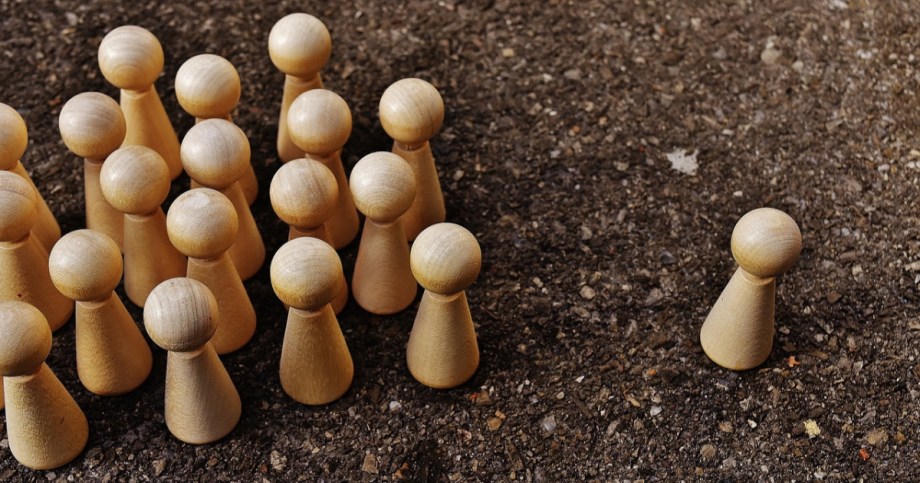I can’t be the only one who watched the first 2020 Presidential Debate last night and cringed. I’m sure there are supporters of each candidate that are so enamored by their man that they can’t admit what everyone else so clearly saw, but for the rest of us, what should have been educational and informative as nothing more than that wreck that you pass by slowly on the interstate.
What shook me the most – and I’m hoping shook most of those who watched it – was the realization that I wasn’t watching 2 men yelling at each other and interrupting each other; nope, I was watching our country in full display.
What those men did is what we’ve been doing to each other.
We yell thinking more volume will help the other side finally hear our point.
We bully thinking more force will finally build a better situation.
But the only thing that yelling and bullying accomplish is adding distance to what we could correctly call The Great Divide, one that is growing at an alarming rate in our country.
In all honesty, I found myself journaling this morning and telling God that it was hard to watch the debate last night and keep the faith that there are better days ahead for our country. But God’s response to me was clear:
“There is something greater than The Great Divide.”
If I believe for a second that this growing divide is too big for God to heal, then I have for that same second entertained the thought that the cross is not 100% able to reconcile men to each other as well as to God.
And I refuse to buy that lie. There is a Great Divide, but there is a Greater Bridge that can cross it. That is the message that followers of Jesus carry to a world full of screamers and interrupters.
[Tweet “There is a Great Divide, but there is a Greater Bridge that can cross it.”]
Which brings me to a final thought: is that debate also a picture of something else? Is it a picture of how the lost world sees the church?
Follow me here before you discount the thought. I have no doubt that at times both Trump and Biden said things that were true. But I have equally no doubt that whatever truth may have been shared wasn’t heard, at least by anyone who actually needed to hear it.
For all the yelling and interrupting, the only thing truly accomplished by the debate was solidifying the support that each candidate already had while frustrating the rest of the ones who may have needed to hear something of substance.
The end result is both sides feeling good about something that went so horribly wrong as if the win was simply saying the buzzwords that their supporters wanted to hear, not the keywords that the voters needed to hear.
[Tweet “Are we seen more like loud, obnoxious, bullies of the truth more than the gracious, loving, communicators of the truth that we’re called to be?”]
Which brings me back to the church and how we’re seen by the culture. Are we seen more like loud, obnoxious, bullies of the truth more than the gracious, loving, communicators of the truth that we’re called to be?
Father, teach us to carry the message of Jesus with more discernment than debate and more heart than hate.









